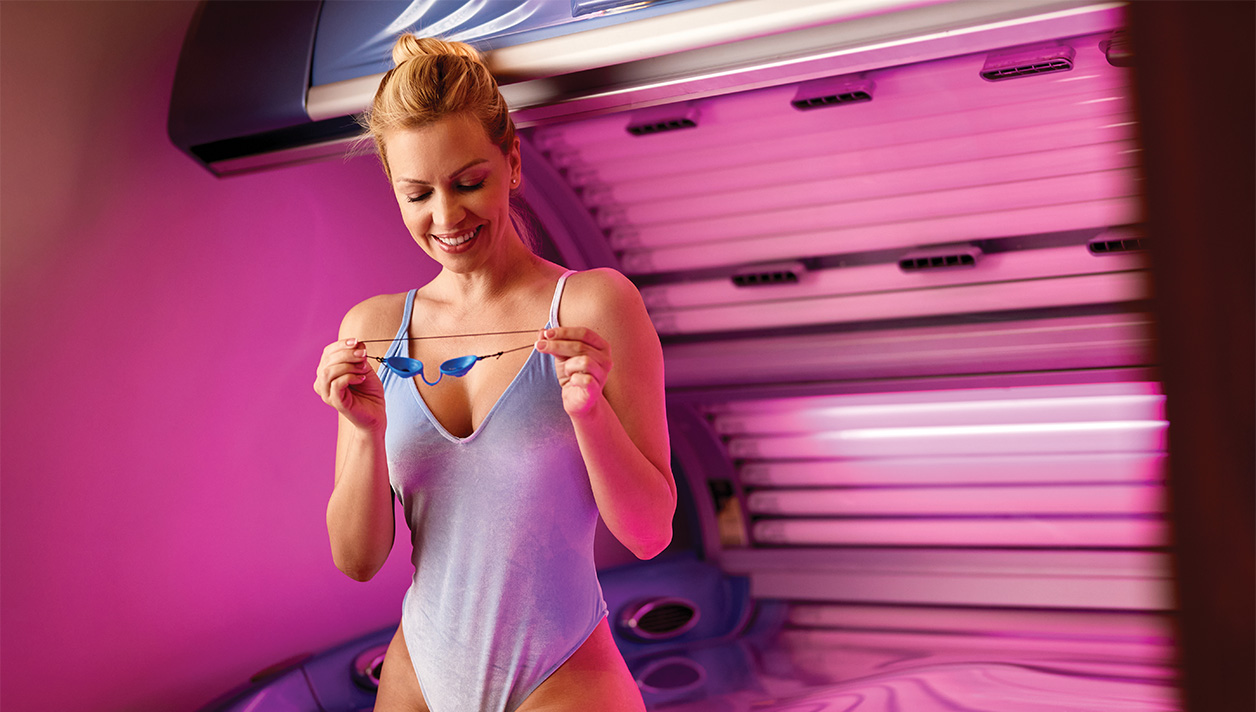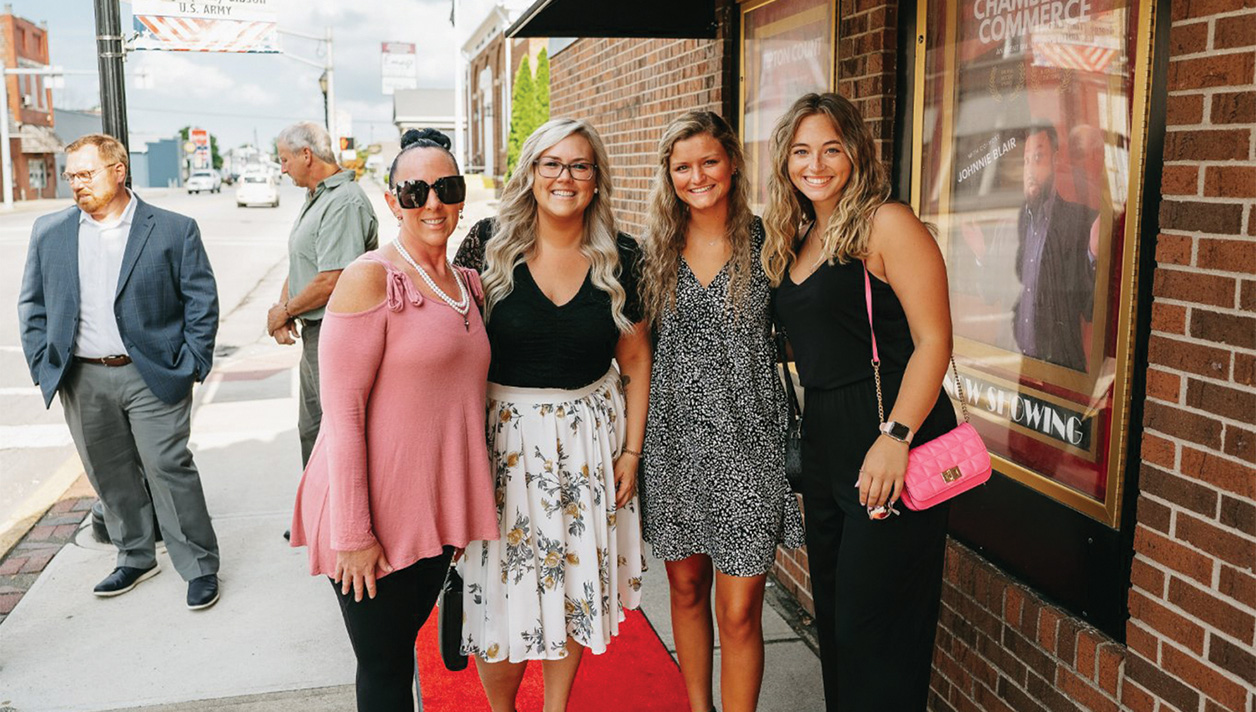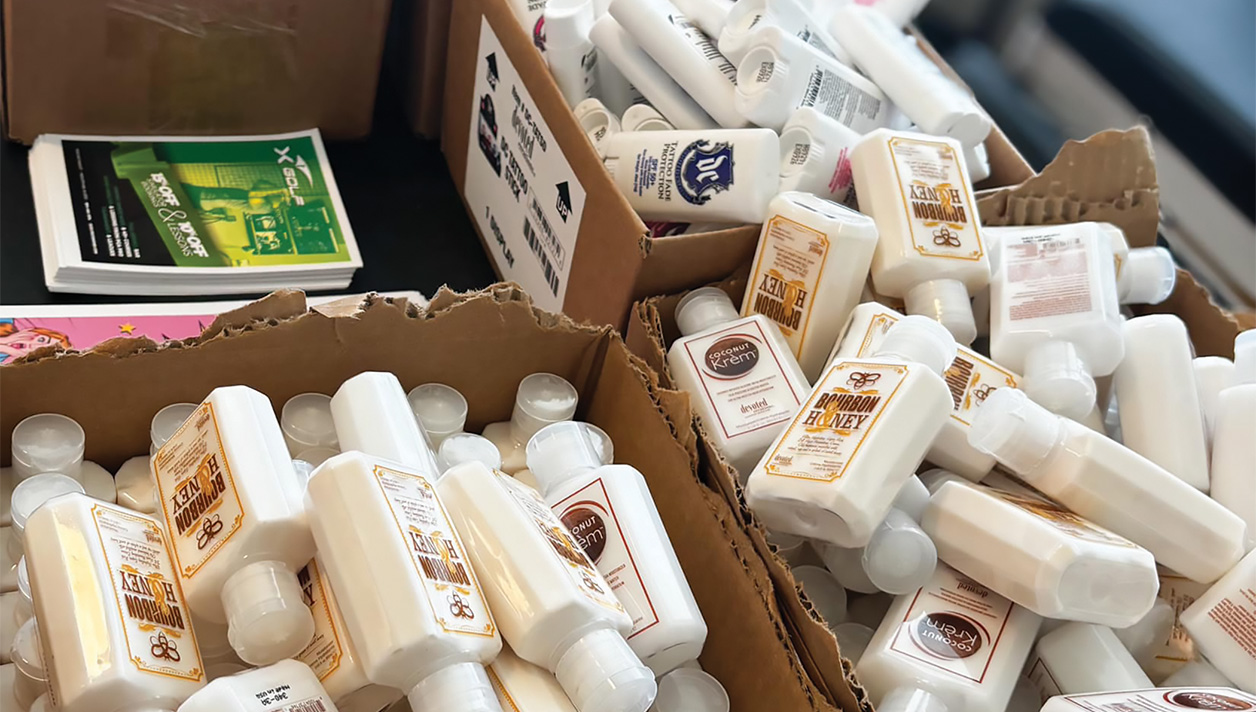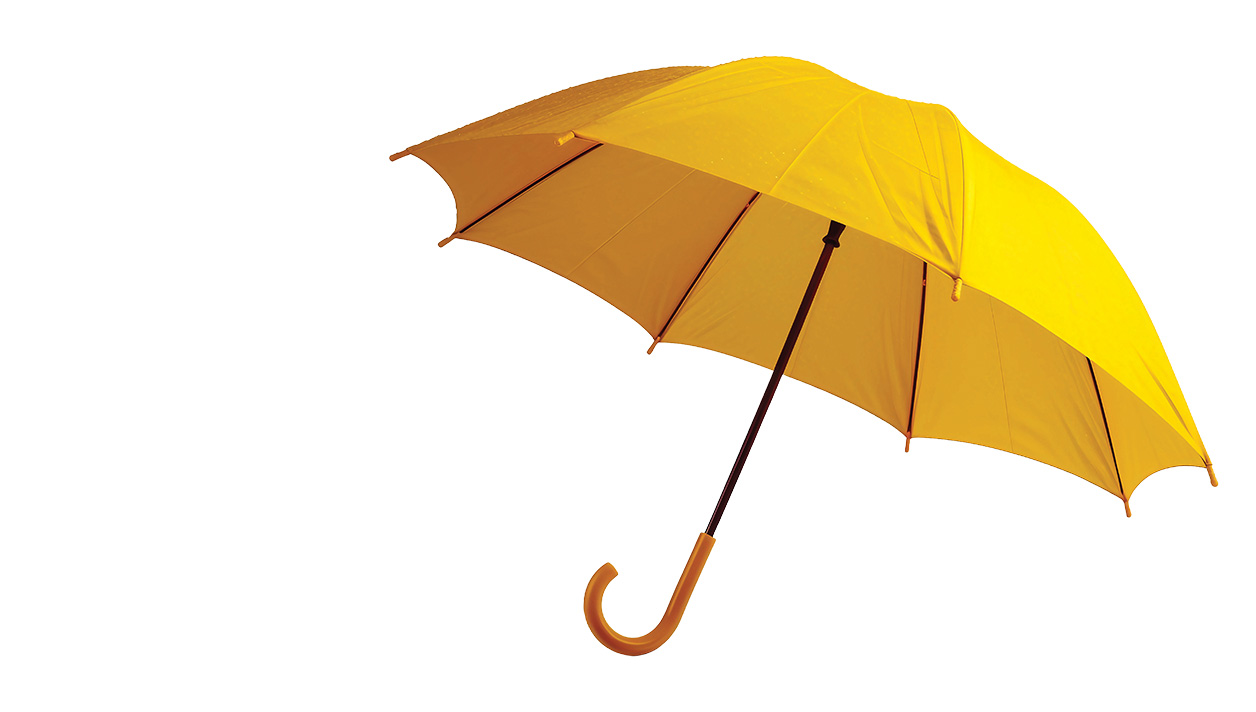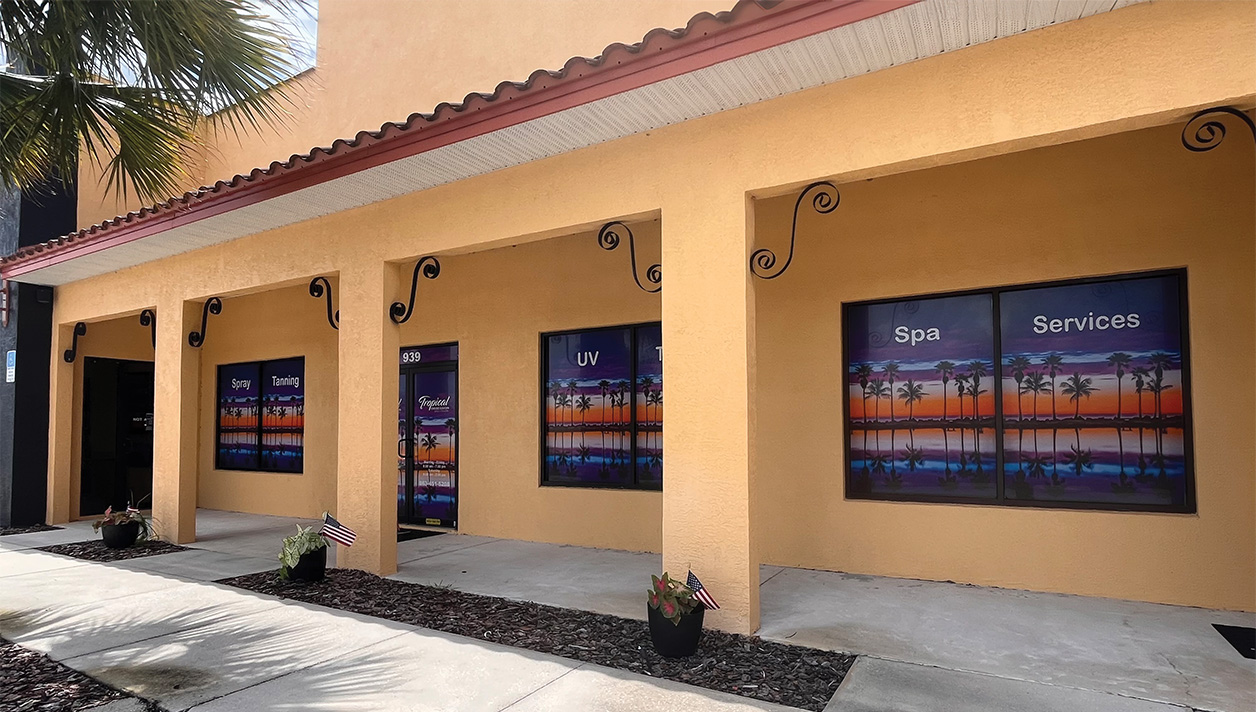State inspections are usually a surprise, and planned to catch you and your team off-guard. I asked Diane Hannig, Owner of Sinfully Good Body and Soul in Ohio, what inspectors have looked for in her dozen salon inspections. “Ohio is a very tough state,” explains Hannig. “The first thing they want to see are your equipment manuals, along with your lamp-compatibility chart. This is a Federal law, so you need to have the manual where your staff can find it if you aren’t at the salon.”
[gap height=”15″]
Hannig says that after she shows inspectors her well-organized three-ring binders with all her electrical and bed technical info, they always walk around the salon and poke into every nook and cranny, spending extra care in the bathroom to ensure it is sanitary. During their visit, the inspectors will not allow the salon staff to follow them. They want to see towels stored away, not out in the open where they pick up airborne contaminants. This was new to me! “They do not want to see bed-cleaning solution left in the room,” Hannig adds. “They want to see clean towels every time for wiping down each bed, so that sweat and body fluids aren’t being shared with the next tanner.” She says the inspectors want to see a log of when we made up each batch of cleaning solution. Each bed cleaner brand requires fresh solution to be mixed every 24 hours, so inspectors want to see your log and who is mixing it. “They will test it with litmus strips and expect you to have litmus strips in your mixing station,” Hannig shares. In addition, inspectors may ask to see your Standard Procedures Manual and Staff Training Manual. What are your policies for pregnant tanners, people under-18, tanners who won’t wear eyewear, and what to do in an emergency? This all needs to be in a manual for staff reference after they are trained.
[gap height=”15″]
What about eyewear? “In Ohio, we can provide shared goggles and clean them, or we can sell them,” explains the industry veteran. “We have proof in our manual that each brand we sell meets FDA 21 CFR 1040.20. We have to show our cleaning procedure sheet and that we use litmus strips and keep a daily log of mixing the goggle-soak fluid, and who did it.” Just like the towels, goggles can’t be out in the open, as they pick up contaminants. A Tupperware container works well to keep them from being exposed to germs.
[gap height=”15″]
Want to know more about inspections?
Look for future articles right here on what gets inspected when you open a store, and what your insurance company inspector is looking for.
[gap height=”15″]
Hannig says inspectors arrive unexpectedly with a rolling suitcase, laptop and stay 2-4 hours watching her staff and poking around. “They go over our records to see if we have used the Fitzpatrick (skin-typing) Scale on each tanner, if we have waivers signed and valid ID on file for each tanner to prove they are at a legal age to tan.”
[gap height=”15″]
And what about spray-tans? “Ohio now regulates spray-tanning, so we must offer disposable eyewear, lip balm, nose plugs and genital covers,” Hannig says. Spray-tan posters recommending this are posted in her lobby and spray-tan room. She must make safety glasses and a mask available to spray-tan techs. “If the inspector talks to a spray-tanner who was not offered mucous membrane protection, we will get written up,” Hannig says. “More states will enact this spray-tan guideline, so it’s worth starting the policy in your salon, now.”
[gap height=”15″]
Why worry about inspections? If you aren’t prepared for one, you will get written up and then re-inspected in 30 days. You can be fined or even closed down until you fix the problem(s) – so, it’s best to be prepared and look as professional and helpful as possible.
[gap height=”15″][gap height=”15″]


